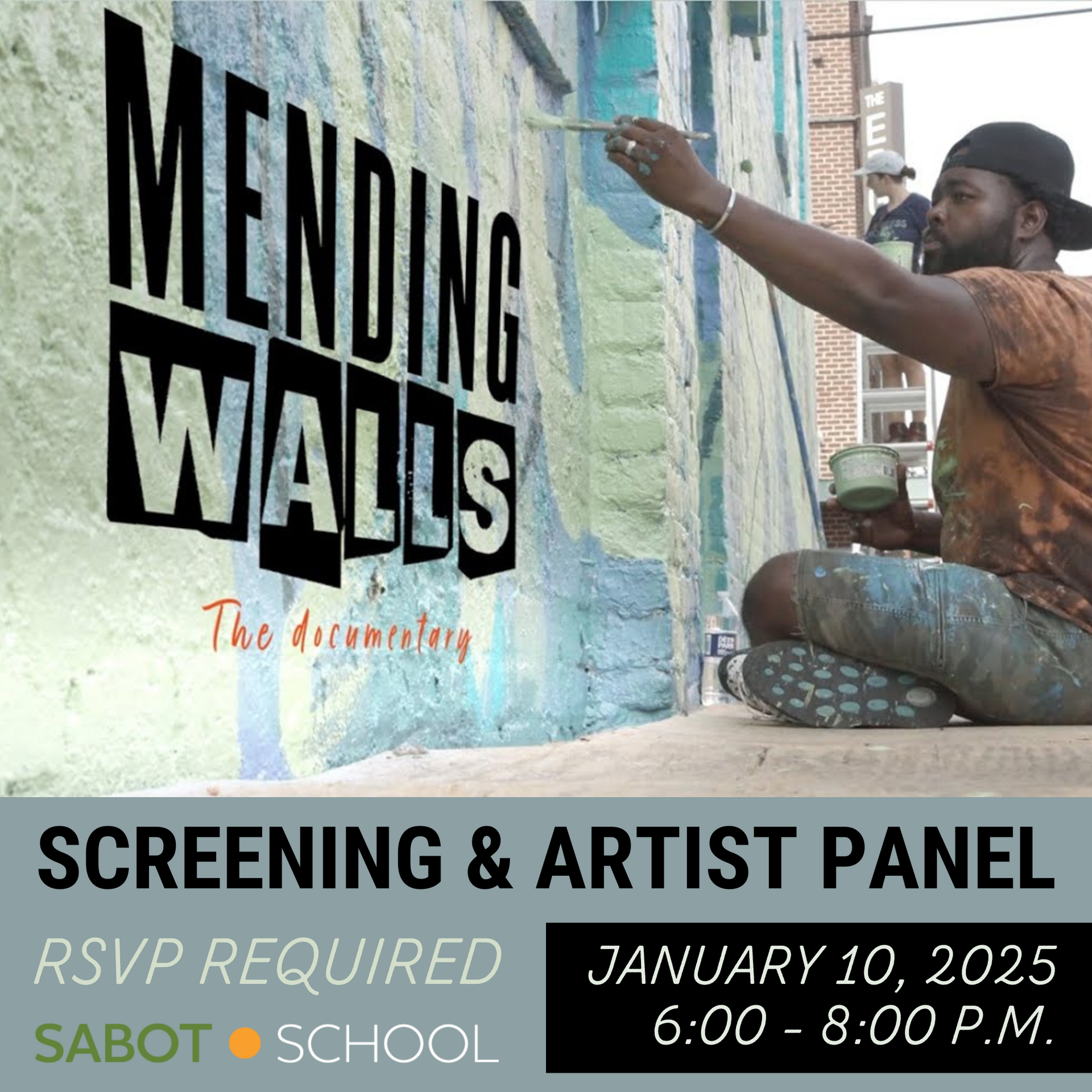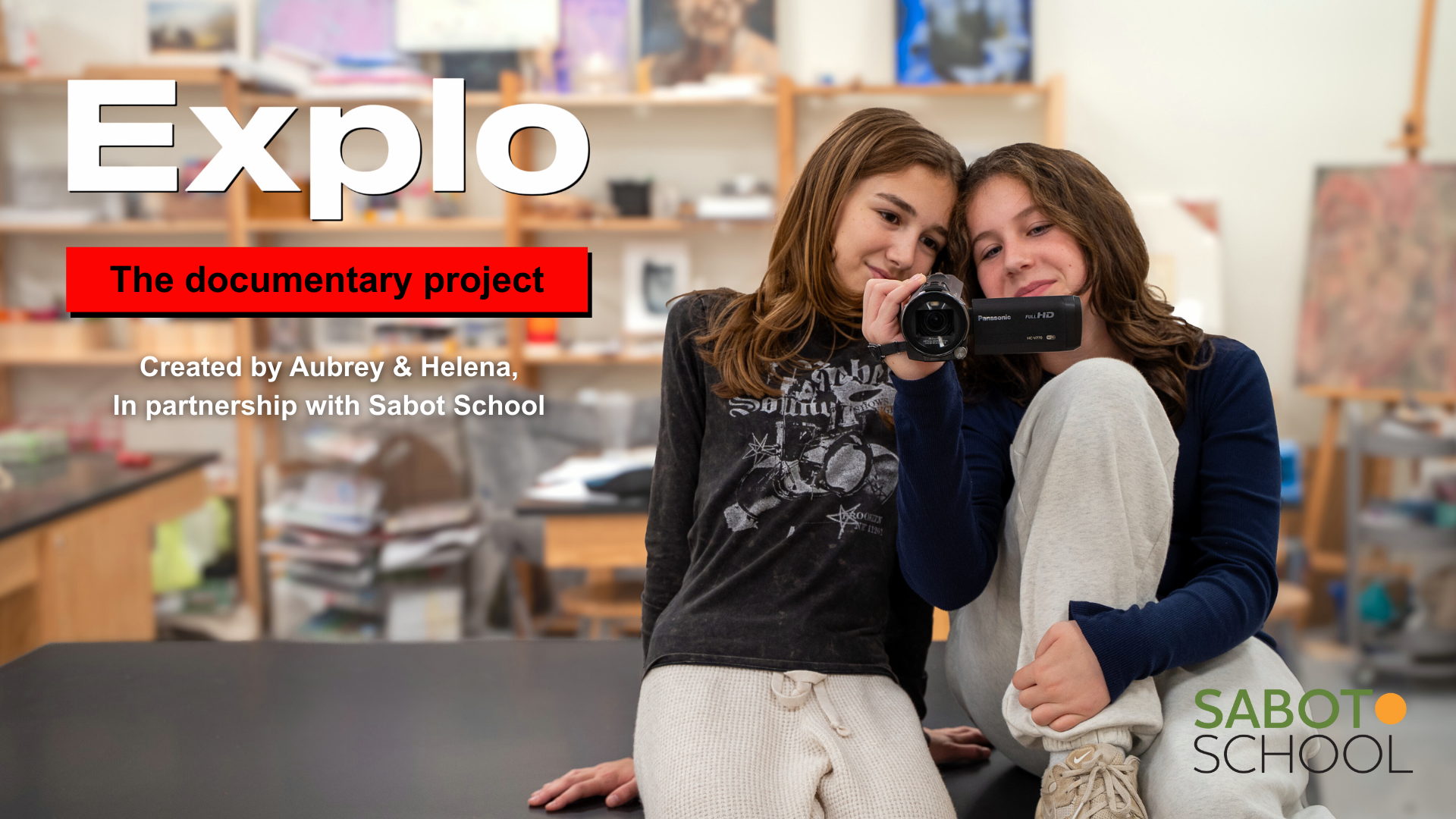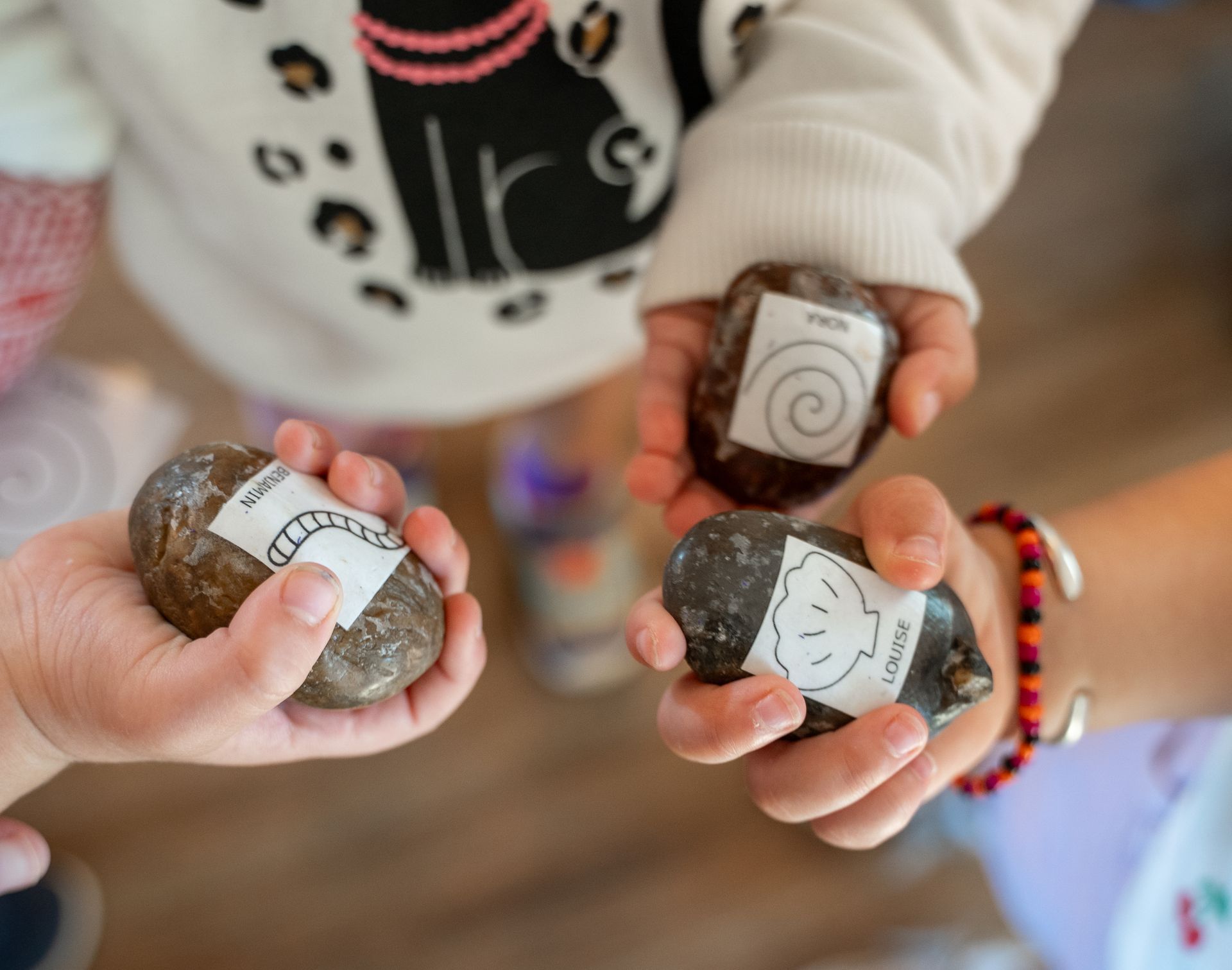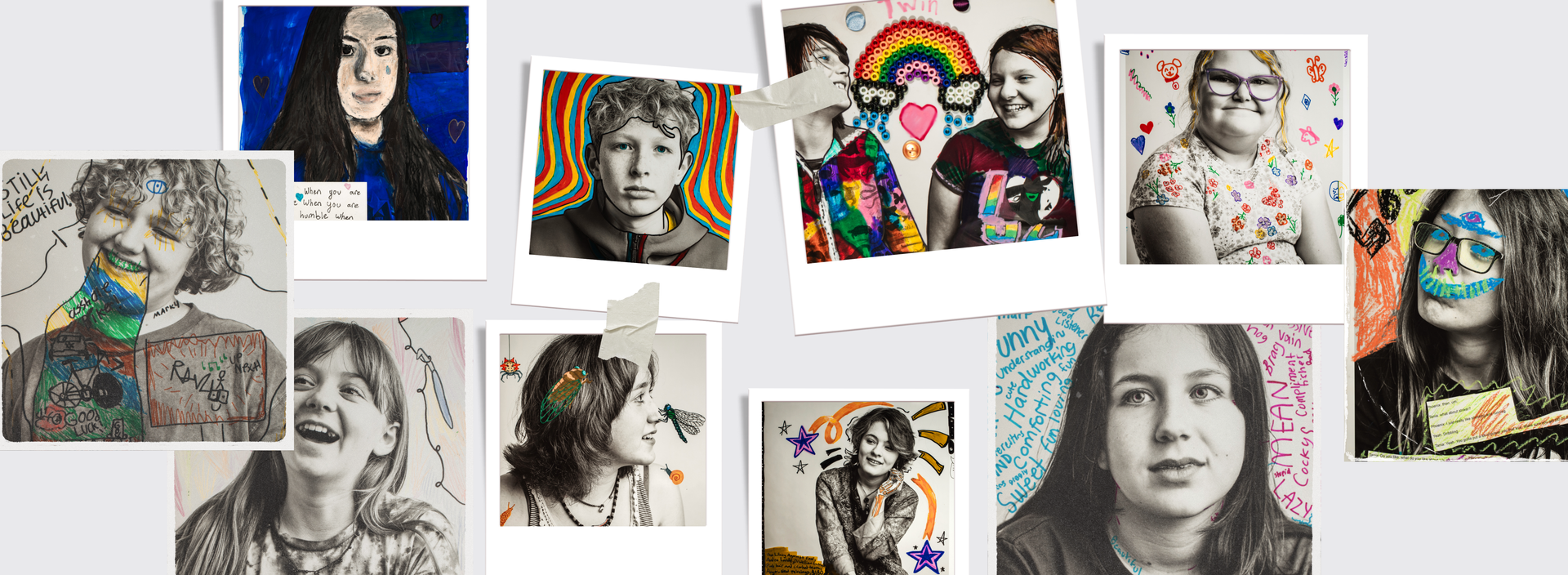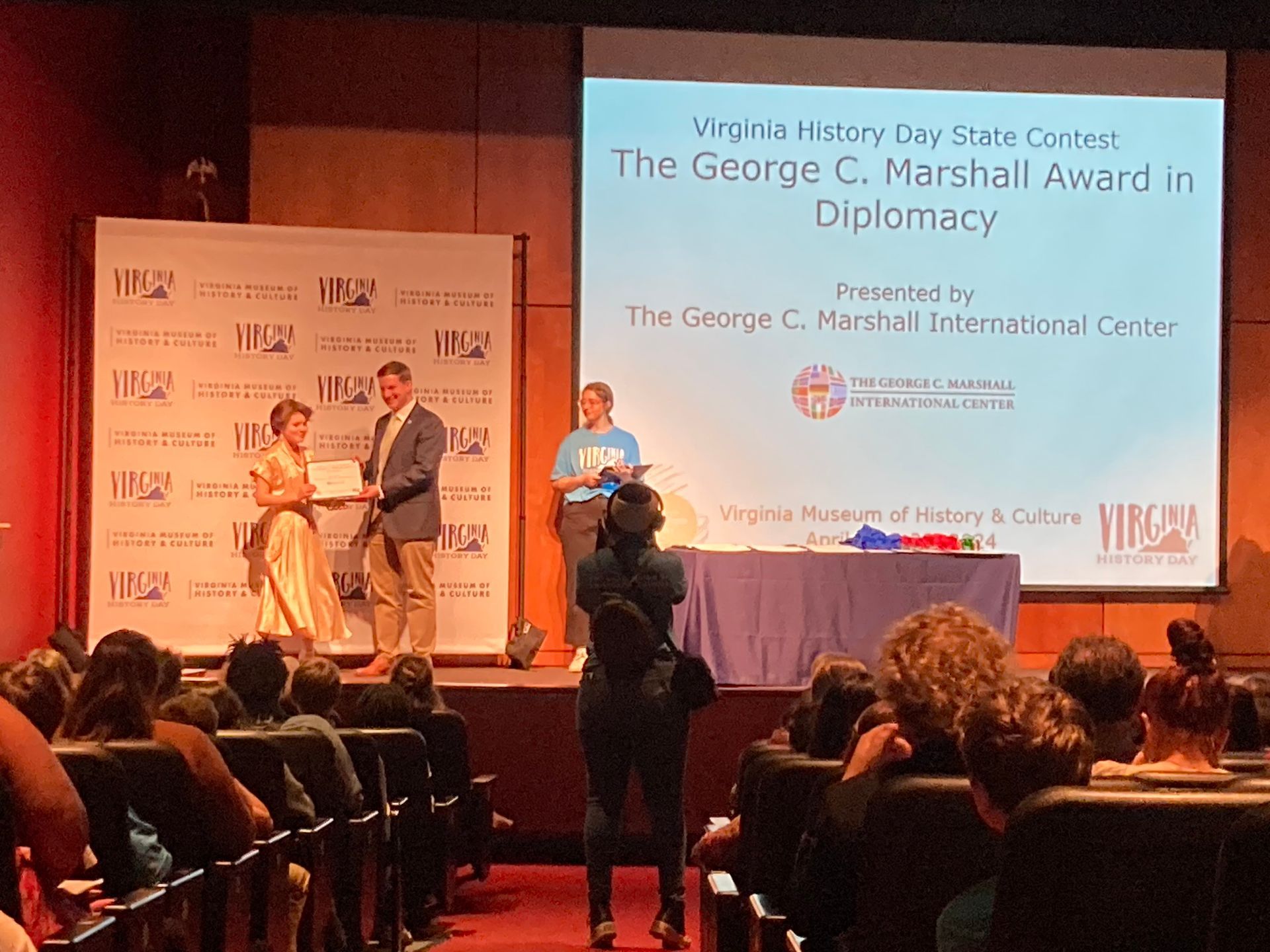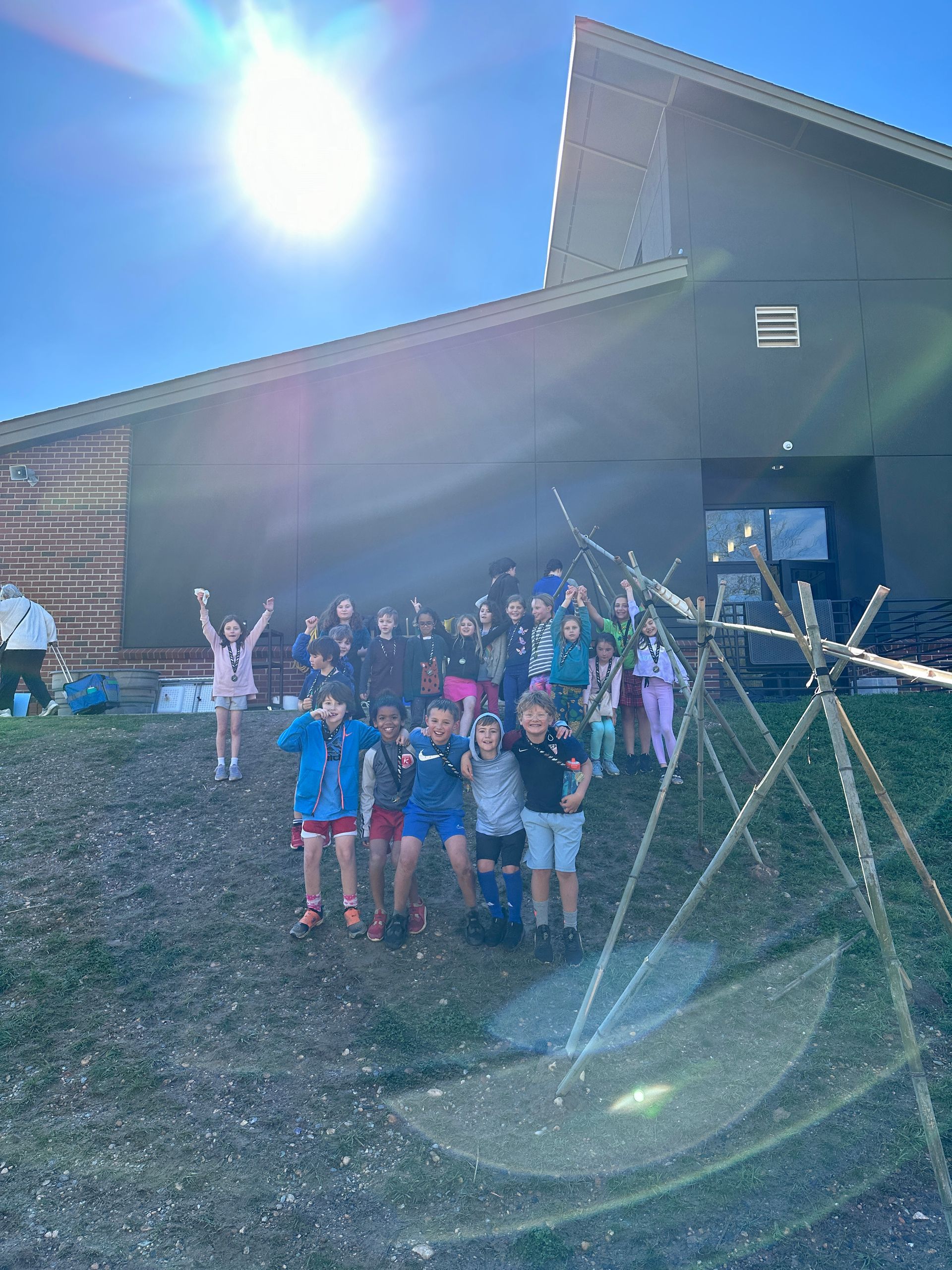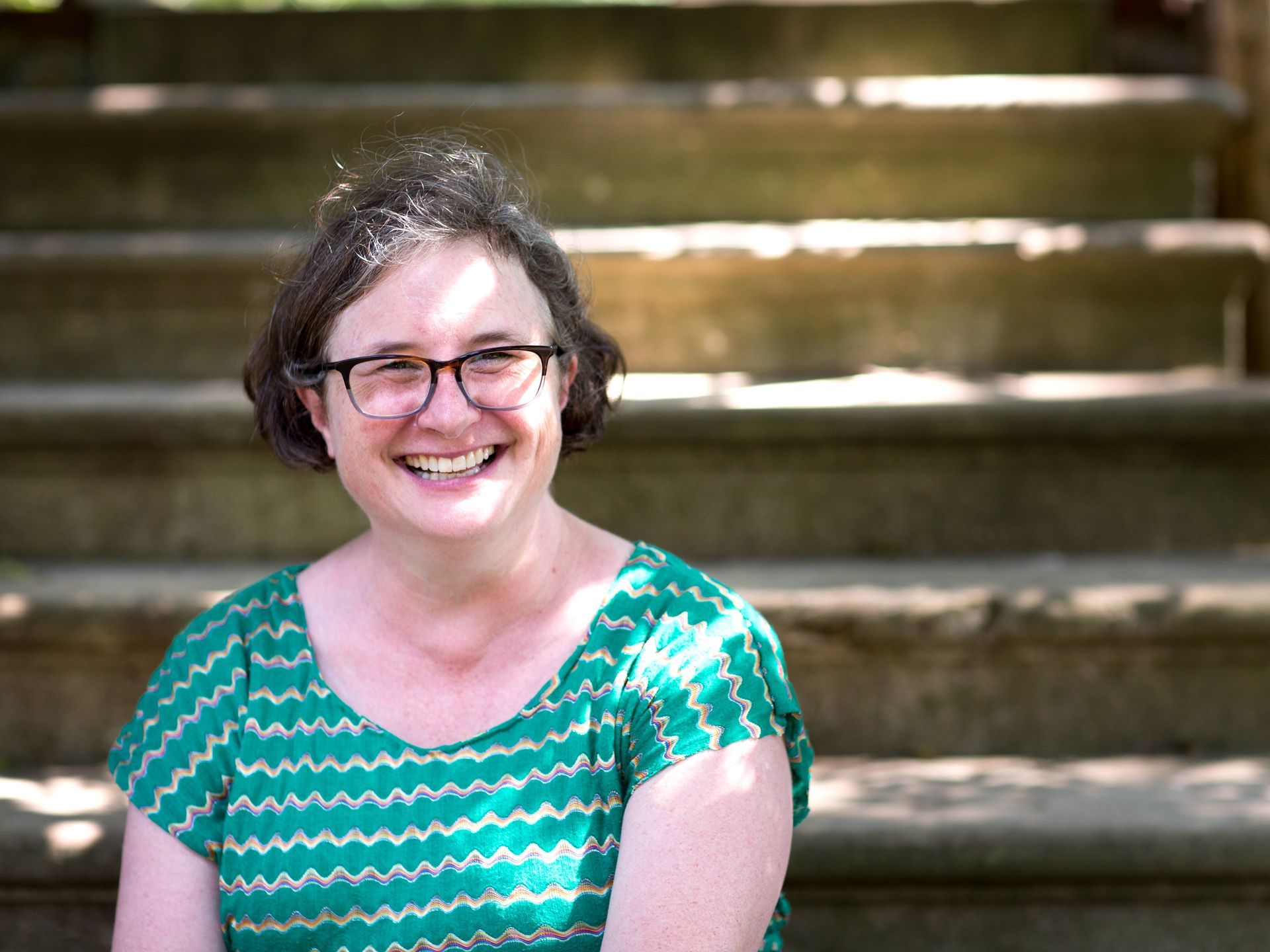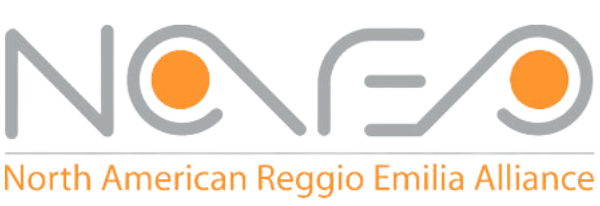The Five Rs: A Learning Paradigm Embracing Reggio Fundamentals and Habits of Mind
By Mary Driebe, Director of Teaching & Learning; Marty Gravett, Director of Early Childhood Education; Anna Golden, Atelierista; and Tom Bendel, Head of School

After our first decade of Reggio inspiration, Sabot framed an understanding of our work to share with the numerous visitors coming to our door. We distilled the many fundamentals of the Reggio approach into an overview of our educational philosophy that today we call the Five Rs.
We extended our understanding of what being Reggio-inspired provides Sabot students by adopting Costa and Kallick’s patterns of intellectual behavior, the so-called Habits of Mind. The fundamentals of Reggio and the 16 Habits of Mind blend well and come alive in the classroom. They provide a through-line to describe this dynamic pathway of learning, which stretches from 2-year-olds to 8th graders.
Now in our third decade of being Reggio-inspired, we focus on each of the Five Rs in interactions and learning with students and encourage them to develop and use the correlative Habits of Mind in their work. They are described by Arthur Costa as learning processes that “human beings use when they behave intelligently.” He goes on to say that “Educational outcomes in traditional settings focus on how many answers a student knows. When we teach for the Habits of Mind, we are interested also in how students behave when they don’t know an answer.”
These frameworks guide Sabot students to be intentional about their learning processes. They are a bridge to the development of an engaged and curious learner at any age and are a common thread linking the educational journey through Sabot’s preschool, lower school, and middle school.

Research
If an ant colony is noticed in the garden, students become curious. They observe the ants and wonder “What does an ant colony look like underground?” Students may participate in conversations, collaborate with other grades, and interview etymologists. They will begin to theorize and communicate their theories to others in writing or in a studio language. Because new knowledge is created in a social context, it’s important that children can show each other their hypotheses and ideas.
To help scaffold their discovery, teachers might ask: How might you find more information to answer your questions? How did another person’s idea change your thinking? Where was the break down that led to your misunderstanding or mistake? What are the most important parts of (the idea you’re researching) to you? How can you take this and apply it in the future?

Representation
Students represent their thinking through many media and methods accessed through classroom mini-studios or the main studio. When students shift their thinking from one symbolic language to another, each transformation generates something new. Representation builds solidarity and intersubjectivity amongst peers and within a learning community.

Reflection
At Sabot, the teacher’s role is guided by close observation and knowledge of the children around us. Teachers provide just enough help to propel learning but step back as soon as learners can move forward on their own. We coach and scaffold students to remain intentional in their decision making, to accept feedback, and to reflect on the process as it unfolds.

Reach
Learners operate in the zone of proximal development, which is the thin line that divides challenging from overwhelming. With support from a teacher or a schoolmate, students can come to understand how they work best and what they need as learners in order to persist and strive for accuracy. With this self-knowledge, children take ownership of their own learning and see that they are responsible to share their learning strategies and new understandings with others.

Relationship
The Sabot learning community is committed to students connecting and listening to each other, and teachers work hard to cultivate a learning community based on trust and relationship. This is a school where everyone teaches and everyone learns, but co-constructing meaning and developing intersubjectivity are not skills that can be learned quickly. Skills for collaborative learning require foundation building and practice, coaching, scaffolding, tears, frustration, and grit. This is very different from just learning to cooperate.
Children often try on many hats throughout their development. If I manipulate what happens? If I misrepresent the truth or I push a friend… do I get what I want? Teachers at Sabot are in the business of asking students to stop and consider. Did that choice get you what you wanted? At what cost to you? How did it impact your classmate and ultimately your learning community?
At the heart of this work is the image of the child as an actively engaged learner. We strive to empower them to make decisions for their learning and let their curiosity lead them to discovery. We scaffold these decisions and curiosity with the framework of the Five Rs and help them reflect on their progress using the Habits of Mind.
The Five Rs and Their Correlating Habits of Mind
Research
- Questioning and posing problems
- Creating, imagining, innovating
- Gathering data through all senses
- Responding with wonderment and awe
Representation
- Creating, imagining, innovating
- Questioning and posing problems
- Thinking flexibly
- Striving for accuracy and best work
Reflection
- Thinking about thinking – metacognition
- Thinking and communicating with clarity and precision
- Applying past knowledge to new situations
- Thinking flexibly
Reach
- Persisting
- Managing impulsivity
- Taking responsible risks
- Striving for accuracy and best work
- Remaining open to continuous learning
Relationship
- Listening with understanding and empathy
- Thinking interdependently
- Finding humor
The post The Five Rs: A Learning Paradigm Embracing Reggio Fundamentals and Habits of Mind appeared first on Sabot at Stony Point.
SHARE THIS POST
